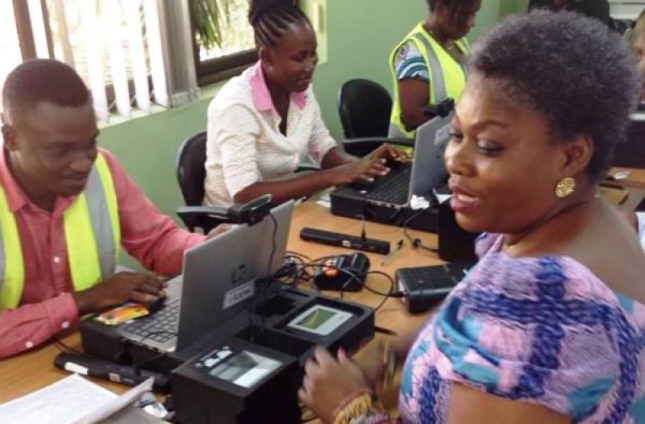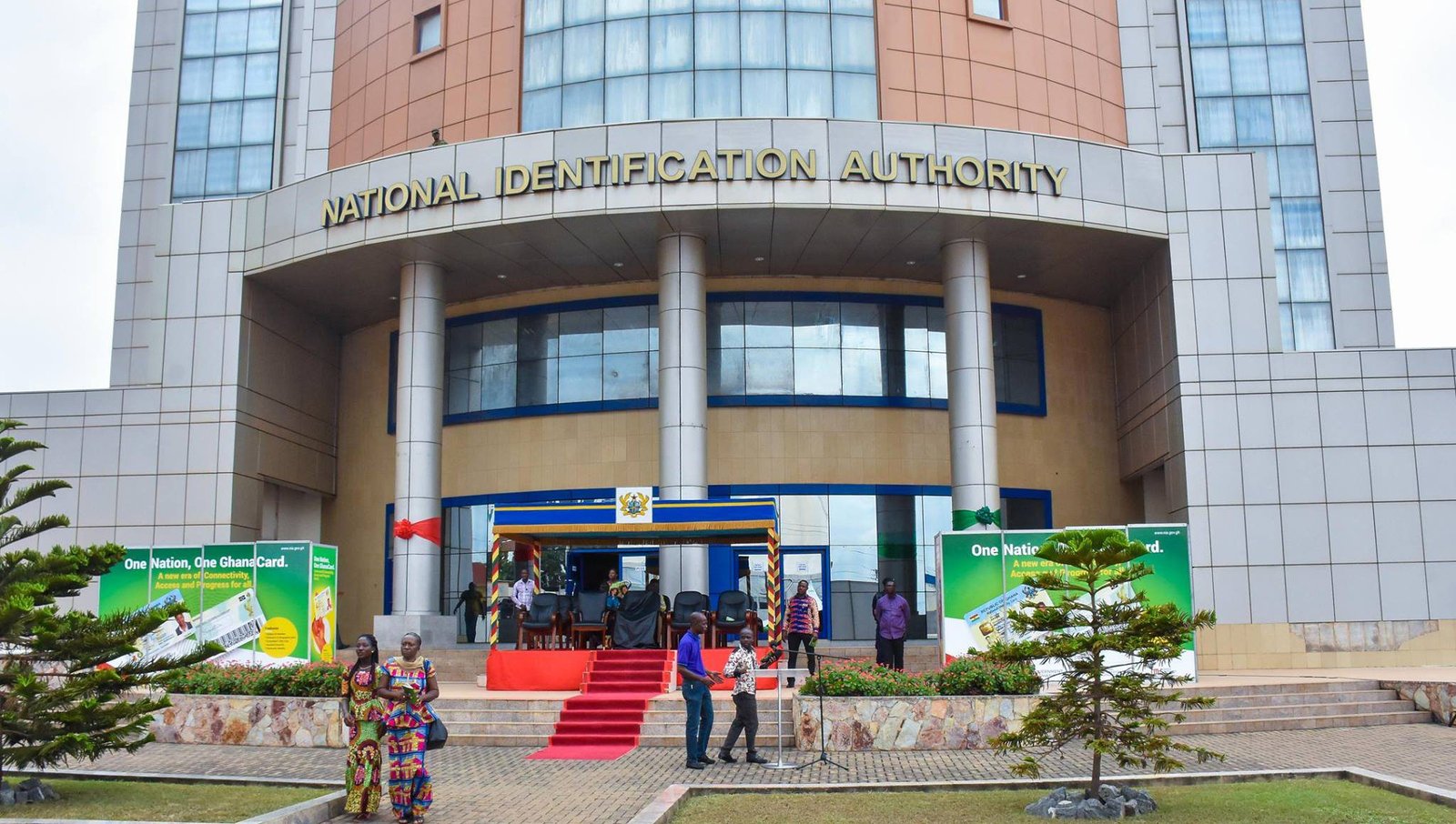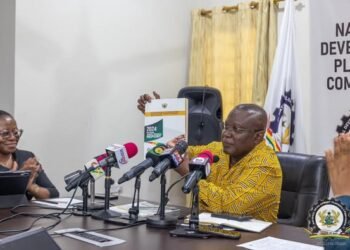The ongoing standoff between the National Identification Authority (NIA) and the Ghana Revenue Authority (GRA) over unpaid debts has reignited urgent concerns about the financial structure and ownership of the Ghana Card project.
A renowned Data and Policy Analyst Alfred Appiah, reacting to the standoff, called for a full-scale review and rationalization of the public-private partnership (PPP) arrangement underpinning the initiative.
Alfred. Appiah, renowned for his in-depth analysis of Ghana’s public policy architecture, described the conflict as “needless” and economically harmful, particularly at a time when the country is under pressure to ramp up domestic revenue mobilisation.
He stressed that the heart of the issue lies not just in the GRA’s inability to settle its financial obligations to the NIA but in the broader lack of transparency and clarity surrounding the Ghana Card’s financing and ownership structure.
“There’s a need to thoroughly review and rationalize the entire Ghana Card PPP arrangement. This should include a full accounting of the costs the state has incurred, both direct investments and foregone revenues through tax exemptions, relative to the actual investment and risk borne by the private partner.”
Alfred Appiah, Data and Policy Analyst
The Ghana Card has in recent years been positioned as the single source of identity verification for all state agencies. The expectation was that its integration across sectors would yield efficiencies and long-term cost savings.

However, Alfred Appaih insisted that the current dispute — which led the NIA to disconnect the GRA from its Identity Verification Service (IVS) platform over an unpaid debt of GH₵376 million exposed the vulnerabilities in the operational model, especially for the very public institutions that were meant to benefit from its rollout.
Alfred Appiah pointed out the irony in the situation, questioning why entities such as the GRA and the National Health Insurance Authority (NHIA) — which was reported to owe over $58 million — now find themselves in substantial debt to the NIA and its private partner.
“These institutions were supposed to be making savings from adopting the Ghana Card. Why are they now in significant debt to the Ghana Card owners? Even more concerning is that this debt situation is now being used to justify operational disconnections that could severely undermine the functioning of revenue agencies.”
Alfred Appiah, Data and Policy Analyst
Barking Up the Wrong Tree
Appiah noted that while the GRA has been targeted for failing to honor its debt obligations to the NIA, such actions may be “barking up the wrong tree.”
He explained that disconnecting the GRA from a critical verification platform in a year when customs and other revenue lines are already underperforming could cause significant setbacks in government’s revenue mobilization efforts.
“Isn’t it fascinating. that the very state entities we were told were making savings from adopting the Ghana Card are now owing significant sums to the Ghana Card owners, even to the point that they’re facing disconnection?”
Alfred Appiah, Data and Policy Analyst
The Ghana Card PPP has long been criticized for lacking transparency, particularly regarding the nature of the relationship between the state and its private sector partner.

While some government officials have often emphasised the transformative potential of the Ghana Card system, critics like Alfred Appiah have repeatedly questioned who actually owns the infrastructure and what liabilities the Ghanaian taxpayer may ultimately bear.
“When it was pointed out that the Ghana Card wasn’t owned by Ghana, some people were up in arms. Now state institutions — especially the revenue agency — are being disconnected from a platform that is supposedly owned by the state. What does that tell us?”
Alfred Appiah, Data and Policy Analyst
He emphasized that the consequences of such disruptions go beyond internal administrative headaches. The GRA’s integration with the Ghana Card system has become a linchpin for key identity checks in the import and export sectors.
For Alfred Appiah severing that access — even temporarily — risks slowing down trade processes and, by extension, impeding customs revenue collection.
“What does disconnecting the GRA from a system that’s integrated into its operations mean for government revenue mobilization — especially when some revenue lines underperformed in the first half of the year?”
Alfred Appiah, Data and Policy Analyst
The data analyst’s concerns come at a time when the government has been pushing for enhanced digital integration across its institutions to reduce leakages and improve efficiency.
However, the Ghana Card saga has revealed critical flaws in how such digital infrastructure is financed and maintained — particularly when it relies heavily on cost recovery from the very public institutions that were expected to benefit from it.
Alfred Appiah Appiah has called for a reset in how the Ghana Card PPP is structured and governed. “If these institutions were spending heavily on maintaining their own ID systems, and switching was supposed to generate cost savings, why are they now in debt?” he asked.

He stressed the need for full financial disclosure and transparency in all dealings related to the project, noting that the current trajectory could jeopardize national objectives if left unaddressed.
The growing consensus that the Ghana Card’s implementation must not come at the expense of seriously impairing vital public institutions has been framed by Appiah’s comments as pressure mounts on the Ministry of Finance and other important stakeholders to step in to resolve the ongoing impasse
READ ALSO: COCOBOD CEO Reveals Hidden Cocoa Contract Rollovers Worth Millions





















